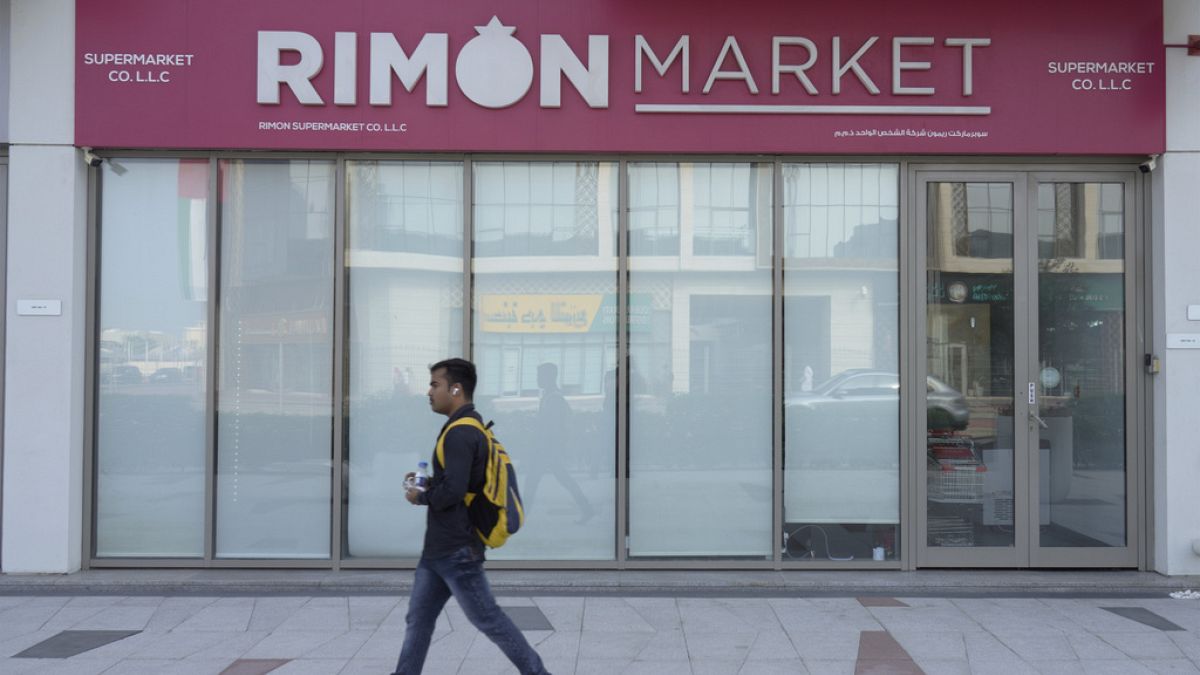The multi-billion dollar global rideshare company Uber has lost a landmark appeal against a New Zealand Court, which has ruled that drivers should be treated as employees not contractors.
In 2022 the Employment Court made a historic ruling against Uber, when four Uber drivers were granted workplace protection.
This gave the drivers employee benefits such as leave entitlements, minimum wage and holiday pay.
Uber appealed against the decision in June 2023, but today the court dismissed the appeal, ruling in favour of the drivers.
Nurredin Abdurahman, one of the four drivers who took the original court case, said the decision is a hopeful one.
“This is a win for all working people,” Abdurahman said. “The day of corporates like Uber exploiting NZ workers is coming to an end!”
TVNZ Chief Correspondent John Campbell investigated the rise of the ridesharing app, and how it treated drivers. (Source: 1News)
“I’m grateful to the legal system for identifying an injustice to the working class and examining it properly. I’m extremely happy – this will make a huge difference at a time where Uber drivers are still being mistreated by the company.”
Court of Appeal justices Goddard, Ellis and Wylie said a critical point is that while a driver is logged into the driver app, they have no opportunity to establish any business goodwill of their own.
“Or to influence the quantity of work they receive, the quality of the work they receive, or their revenue from that work except to the extent that Uber agrees to give them some preference in relation to access to ride requests, information about rides, or supplementary payments,” they said.
Adding that the drivers have no opportunity to bargain with Uber for any of these.
“We do not consider that drivers can, in reality, be said to be carrying on transport service businesses on their own account at times when they are logged into the driver app, providing services to riders referred to them by Uber for the remuneration determined by Uber, and subject to the high level of control and direction that Uber exercises over the provision of services by drivers while logged in,” they said.
The judges concluded that the real nature of the relationship between the four drivers and Uber was that the drivers were employees of the Uber companies at times when they were logged into the Uber driver app.
“They were not carrying on their own independent transport service businesses during these periods.
“The conclusion reached by the Chief Judge was correct.”
The decision applies to the four drivers who took the case against Uber, but could set a precedent for other contractors who work in the gig economy.
However, in June this year the Workplace Relations and Safety Minister, Brooke van Velden, began working on law changes that could prevent workers misclassified as contractors from challenging their employment status in the courts.
FIRST Union and E tū Union are now calling for the minister to immediately drop her expedited plans.
The Labour Party is celebrating the Court of Appeal’s decision, saying Uber drivers should be treated fairly like all workers, and they deserved to be heard and be protected by law.
“Currently regarded as contractors by Uber, this court decision means that drivers will be recognised as employees and have the employment rights they have always deserved. This a victory for workers and shows the law works as it should,” said Labour workplace relations spokesperson Camilla Belich.
Labour is backing the Unions in their effort to halt Minister Brooke van Velden’s law changes.
“Should Brooke Van Velden choose to continue her backward battle, she would see to take away rights recognised by the Court today by applying the law and common sense,” Belich said.
“The minister should reject her ideologically focused attacks on workers’ rights. In light of this decision, her contractor law reform work needs to be ditched.”
The Green Party is urging the goverment to respect the court’s decision and not tamper with employment protections.
Green Party’s Workplace Relations and Safety spokesperson Teanau Tuiono said the decision is a monumental win for workers’ rights.
“We call on the Prime Minister to rule out and refrain from pushing policies that undermine today’s decision and the rights of our workers.
“This sends a strong message to the Government that it should pull back from a commitment in the National-ACT coalition agreement to maintain a so-called ‘status quo’ where contractors who sign up for a contracting arrangement are not allowed to challenge their employment status in the Employment Court.”
The Green Party said Uber had shown scant regard for employment law and the rights of those who made its business work.
“Thankfully our court system has repeatedly upheld those rights, and this has now been affirmed by the Court of Appeal as well as the Employment Court,” Tuiono said.
Uber Australia and New Zealand managing director Emma Foley said it would seek to appeal the decision again.
“The Court’s decision exacerbates the current state of uncertainty for workers who value the flexibility of contracted arrangements and for businesses across New Zealand that rely on contractor workforces,” she said.
She added there was an urgent need for certainty in the law pertaining to contractor arrangements.
“We believe such arrangements, where people have genuine flexibility and are also free to work for other companies, including competitors – are an important feature for all industries across New Zealand in the twenty-first century.
“Ninety percent of drivers and delivery people tell us that they would not keep earning with Uber if the current flexibility of the work were to go away. Flexibility and choice are hallmarks of today’s modern workforce, and Kiwis deserve certainty when it comes to the type of work they choose to do.”
rnz.co.nz












